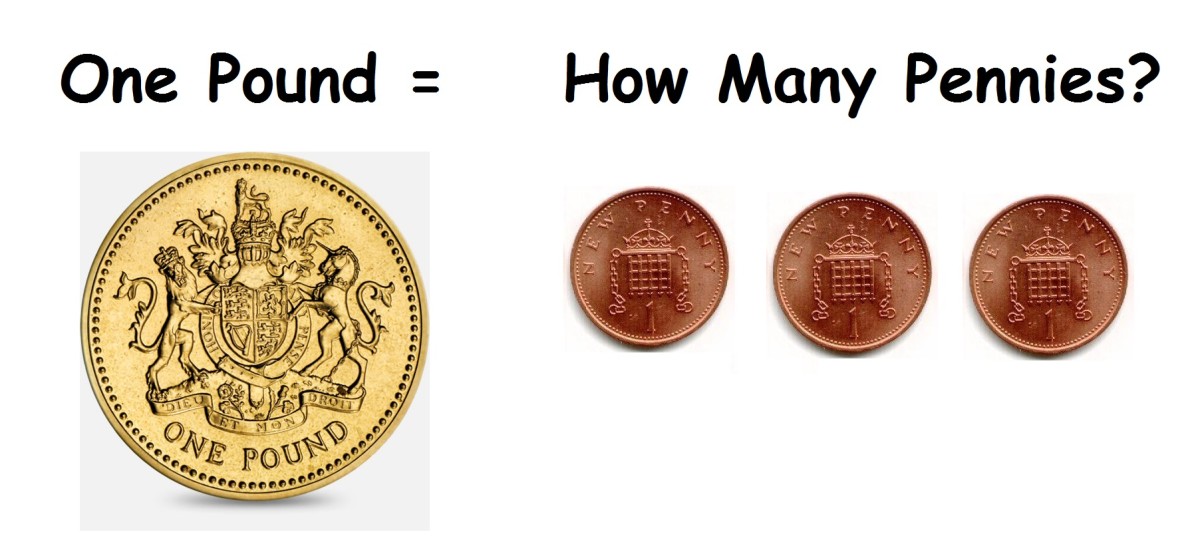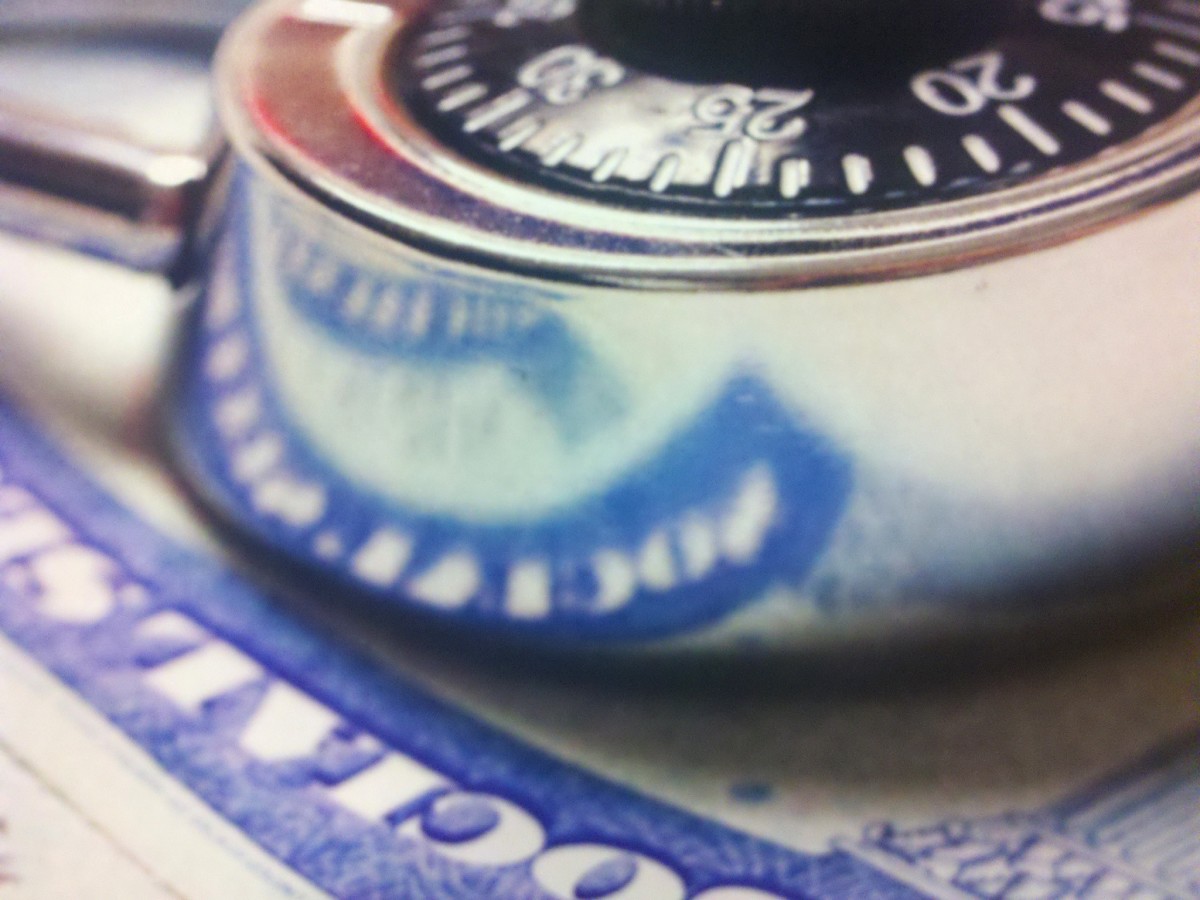Investing Wisdom From the Best
William Eckhardt

Wisdom from William Eckhardt
William Eckhardt is arguably one of the best traders who has ever lived. When he speaks it is prudent to listen. It reminds me of the old commercials, "When EF Hutton speaks people listen." There are many people who "dabble" in the markets. They make a trade here and a trade there, but because they don't head the warnings that those who make money have given they don't ever see much success. In this blog we are going to look at some of the things that William Eckhardt has said and see how we can apply it to our trading lives.
The quotes that I will quote are taken from "Profit from The Winner's Curse" by Teresa Lo and as compiled by the Kirk Report. Any emphasis in the quotes have been added by myself.
"If a betting game among a certain number of participants is played long enough, eventually one player will have all the money. If there is any skill involved, it will accelerate the process of concentrating all the stakes in a few hands. Something like this happens in the market. There is a persistent overall tendency for equity to flow from the many to the few. In the long run, the majority loses. The implication for the trader is that to win you have to act like the minority. If you bring normal human habits and tendencies to trading, you'll gravitate toward the majority and inevitably lose." - William Eckhardt
This is a profound statement for the average investor. If I could restate this I would say it this way, "If you are in the market the odds are in favor of you losing all your money!"
So, after reading this should we all take our money and go home? Well, in actuality it depends. If we are not going to listen then maybe we should. The better decision would be to find out how to trade like the few. What are they doing that cause money to flow from them. If we can gain that information and do the same things they are doing then money will flow to us also. The problem in this is that it takes effort. We are going to have to learn the strategies that the successful use. This means that you will either have to pay someone to teach you or commit some time to self learn.
"It's much easier to learn what you should do in trading than to do it. Good systems tend to violate normal human tendencies." - William Eckhardt
Another powerful quote which will expand upon the last quote. We need to learn what successful traders are doing, but learning is the easy part. At some point we are going to have to actually get involved in the trade. To be successful at trading will require you to do things that are not natural to do.
Many people when they start learning about what people with money do say, "That won't work!" or something very similar. One of the greatest wealth suckers of an average person is how they purchase a car. There are ways to purchase a car (a depreciating liability, but a necessity), but most will say something like, "I don't understand that." Success, as with good trading systems, tend to violate what we "want" to do. "If you will live like no one else, you can live like no one else."
"One common adage on this subject that is completely wrongheaded is: you can't go broke taking profits. That's precisely how many traders do go broke. While amateurs go broke by taking large losses, professionals go broke by taking small profits. The problem in a nutshell is that human nature does not operate to maximize gain but rather to maximize the chance of gain. The desire to maximize the number of winning trades (or minimize the number of losing trades) works against the trader. The success rate of trades is the least important performance statistic and may even be inversely related to performance." - William Eckhardt
In a ranking of successful traders, the number one trader has a win ratio of 32%. Think about that, the number one successful trader loses 68% of the time. How could that be? Because of what is stated above. How many times have you thought that a stock had a potential to go from $15 to $30, then in just a couple of days jumped up to $18 and you sold all excited about making 20% in a couple of days?
In an effort to make sure your trade is a win and not turn into a loss and to feel the satisfaction of a successful trade you get out prematurely. Would it make more sense to structure the trade so that the loss potential is controlled and then ride the increasing stock maximizing gains?
"The people who survive avoid snowball scenarios in which bad trades cause them to become emotionally destabilized and make more bad trades. They are also able to feel the pain of losing. If you don't feel the pain of a loss, then you're in the same position as those unfortunate people who have no pain sensors. If they leave their hand on a hot stove, it will burn off. There is no way to survive in the world without pain. Similarly, in the markets, if the losses don't hurt, your financial survival is tenuous." - William Eckhardt
Losing has got to be a bad experience! If you want to survive as a trader you must control your losses and not allow losses to turn into huge losses. The reality is that losses will occur, just accept it! Knowing that losses will occur, and being willing to accept and feel the, puts us in a place where we structure the trade prior to entering the trade so that our potential loss is controlled.
"In many ways, large profits are even more insidious than large losses in terms of emotional destabilization. I think it's important not to be emotionally attached to large profits. I've certainly made some of my worst trades after long periods of winning. When you're on a big winning streak, there's a temptation to think that you're doing something special, which will allow you to continue to propel yourself upward. You start to think that you can afford to make shoddy decisions. You can imagine what happens next. As a general rule, losses make you strong and profits make you weak." - William Eckhardt
Huge wins make you stupid. I remember one time early on in my trading I had made a check list that I would go through before I entered a trade. In order for me to trade all items on the checklist would have to be met. The items dealt with the condition of the trade, the size of the trade, the potential loss I was will to accept, etc. I was ready to trade! I came out of the gate running and had around 15 successful trades in a row. I was a trading genius! I quickly realized that my check list was holding me back and that I should go with how I felt instead. Yes, you guessed it big losses followed.
"If you're playing for emotional satisfaction, you're bound to lose, because what feels good is often the wrong thing to do. Richard Dennis used to say, somewhat facetiously, "If it feels good, don't do it." In fact, one rule we taught the Turtles was: When all the criteria are in balance, do the thing you least want to do. You have to decide early on whether you're playing for the fun or for the success. Whether you measure it in money or in some other way, to win at trading you have to be playing for the success." - William Eckhardt
One of the main principles of the rich is to protect what you currently have then grow your wealth. If you are going to trade and you want to trade to win then you are going to have to first of all protect what you currently have.
If you are trading for an emotional fix because you like to ride the waves up and down you are going to end up losing your shirt. Make sure you know why you are doing this because the costs can be heavy
"Don't think about what the market's going to do; you have absolutely no control over that. Think about what you're going to do if it gets there. In particular, you should spend no time at all thinking about those rosy scenarios in which the market goes your way, since in those situations, there's nothing more for you to do. Focus instead on those things you want least to happen and on what your response will be." - William Eckhardt
What's the market going to do tomorrow? Know one knows. You may an idea based on whatever indicators you use, but in reality you have no clue what will happen tomorrow. Understanding this there is something that we do know that the markets will do tomorrow. They will go up or down or sideways.
Understanding that don't get so locked into what the market will do, but what if it doesn't do what you want it to do. How do you protect your losses? If you are on the right side of a trade all you have to do is ride it out. But if you are on the wrong side of a trade then you have to know how to get out and preserve your capital.



